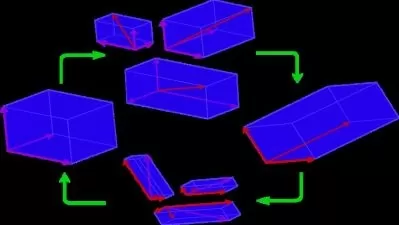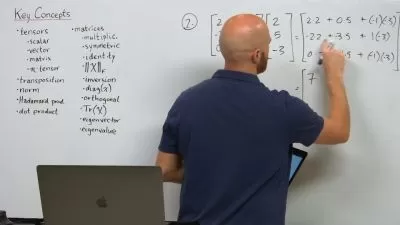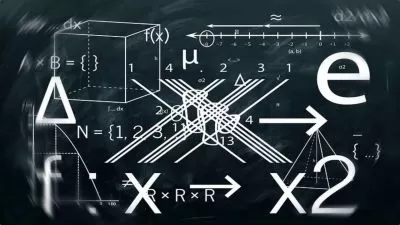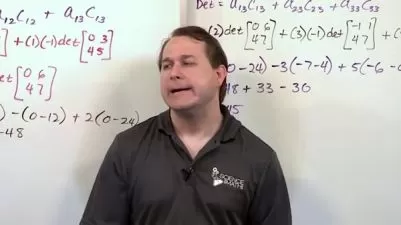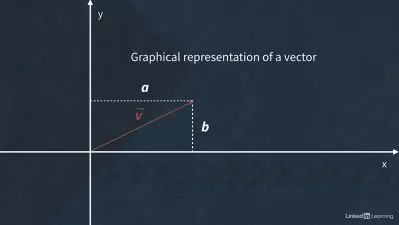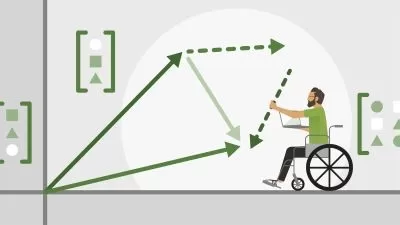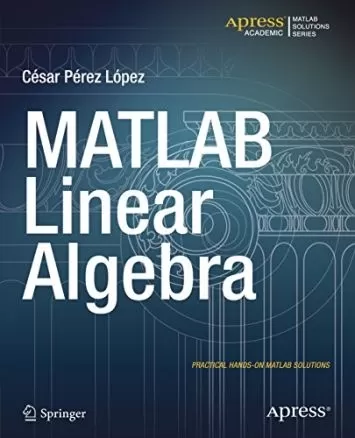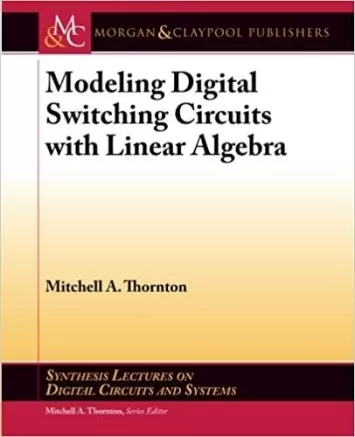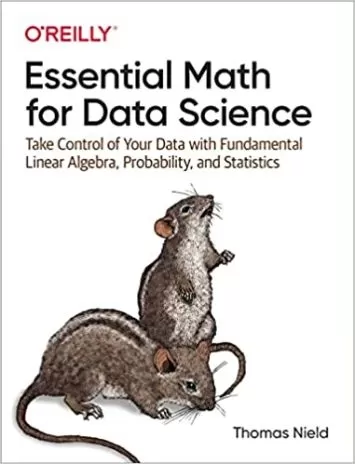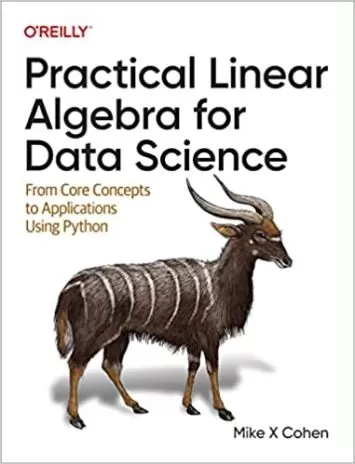About Linear AlgebraLearn More
Linear algebra is the study of linear sets, or equations, and their representations in vector spaces and matrices. Through the study and manipulation of scalars, vectors, matrices, and tensors, linear algebra has applications in fields ranging from machine learning and software engineering to economics. Take a linear algebra online course from Udemy and uplevel your skills, regardless of the next step in your professional or educational career.
Sort by:
Sorting
The newest
Most visited
Course time
Subtitle
Filtering
Courses
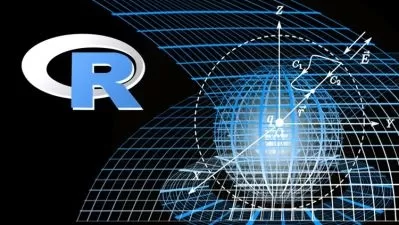
Udemy


Syed Mohiuddin
Linear Algebra for Data Science and Machine Learning using R 9:45:06
06/12/2023
Subtitle
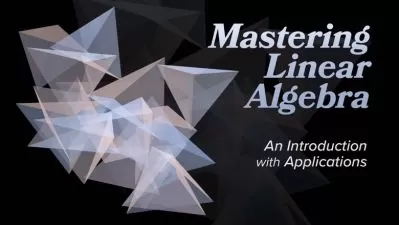
The Great Courses


Francis Su
Mastering Linear Algebra: An Introduction with Applications 12:03:34
English subtitles
06/01/2023
Books
Frequently asked questions about Linear Algebra
Linear algebra is a type of math that deals with a diverse set of topics ranging from vectors and matrices to linear transformations. Many parts of mathematics contain several unsolved problems or an influx of new ideas — linear algebra is not one of them. This type of math has been thoroughly explored and explained. The tools in linear algebra are an important foundation for understanding data. Its theories and techniques include Fourier series, matrix theory, Euclidean vector spaces, eigenvalues and eigenvectors, and linear transformations. Linear algebra forms the building blocks crucial to understanding higher levels of math, such as calculus. Linear algebra builds heavily on Algebra 1 and 2 topics and many topics found in single- and multivariable calculus.
Linear algebra is fundamental to data science. Without linear algebra, technological revolutions like artificial intelligence and machine learning would not be possible. Linear algebra provides the computational building blocks necessary for image recognition, image processing, and other graphic tools. It allows us to construct curves and calculate properties of surfaces passing through points. Linear algebra is the tool used to calculate traffic flow. Electricians use it to understand electrical circuits. Both least square approximations and determinants are techniques taught in linear algebra, both of which have countless real-world applications. It’s also a commonly used tool in most life sciences and engineering fields, as it is possible to model many natural phenomena with linear algebra.
Linear algebra is required learning for any type of career in mathematics, but it also extends to many careers outside of math. Computer programmers — particularly those working with machine learning, artificial intelligence, and databases — will find linear algebra useful for understanding and excelling at their careers. Engineers will need to understand linear algebra, as will research scientists. Business managers and financial analysts also lean heavily on linear algebra to make financial decisions and identify trends. It is also a building block for many concepts in health care, such as biotechnology, surgery, medical imagery, and treatment planning. Architects and builders need to understand linear algebra to build structurally sound buildings.





